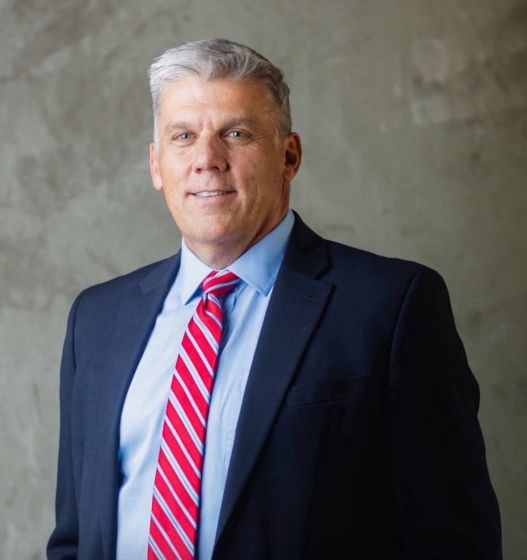
Phil Lyman is a 5th generation Utahn whose bold and fearless leadership is well-known in San Juan County and throughout the region. As county commissioner, Lyman led a peaceful protest against federal closure of public roads. The following year, the Utah Association of Counties voted Lyman “Commissioner of the Year” for his unrelenting commitment to defend his constituents and their rights.
Lyman’s early career showed he had both the talent and the work ethic to make a significant difference in developing communities. After earning a bachelor’s degree in accounting from Brigham Young University followed by a master’s degree in taxation from the University of Utah, Lyman returned to his hometown of Blanding when his father unexpectedly passed away, and assumed responsibility for the CPA firm his father founded. Lyman co-founded Blanding’s first Rotary Club as the charter president, and created and led the Blanding Area Travel Council.
Lyman has been pivotal in transforming healthcare throughout San Juan County. He helped organize and launch Utah Navajo Health Systems – today the largest private employer in the county. As a county commissioner, he created the San Juan Public Health Department and expanded public health.
As a county commissioner, Lyman worked tirelessly to preserve roads and access to public lands and to reduce the vast federal hold on Utah’s public lands.
He served as chair of the Seven-County Infrastructure Coalition, working closely other county commissioners and with federal and state agencies to develop vital infrastructure, including the San Rafael Research Center, pipeline and rail easements for oilfields and improve rail line delivery system, while preserving autonomy for the counties, cities, and families.
As a state legislator, Lyman sponsored or co-sponsored 65 bills in his four sessions, and was chair/co-chair of the conservative caucus throughout his service. He championed property and water rights, rural healthcare, natural resources management, critical needs of indigenous people, and pushed back on federal attempts to control state areas of authority.







